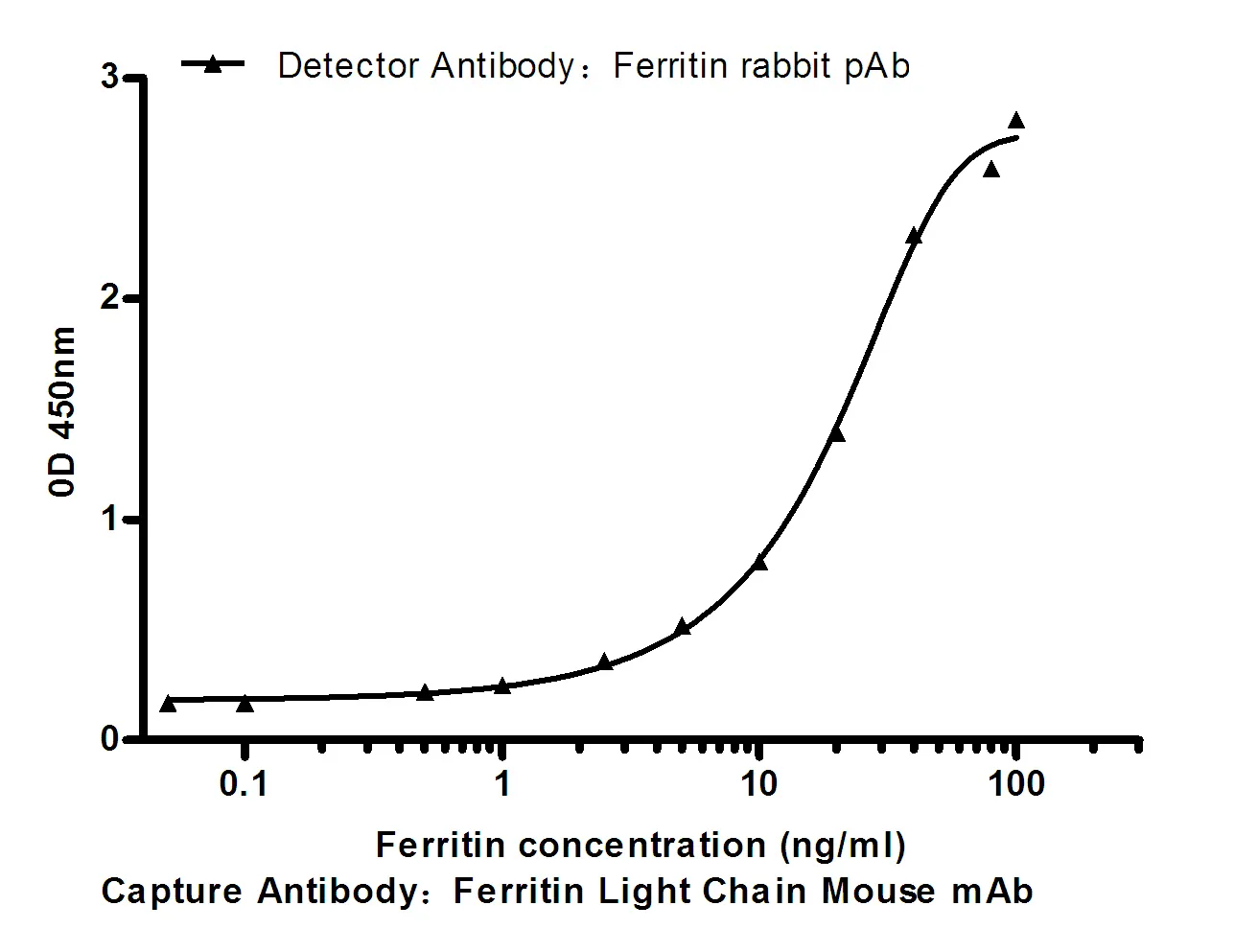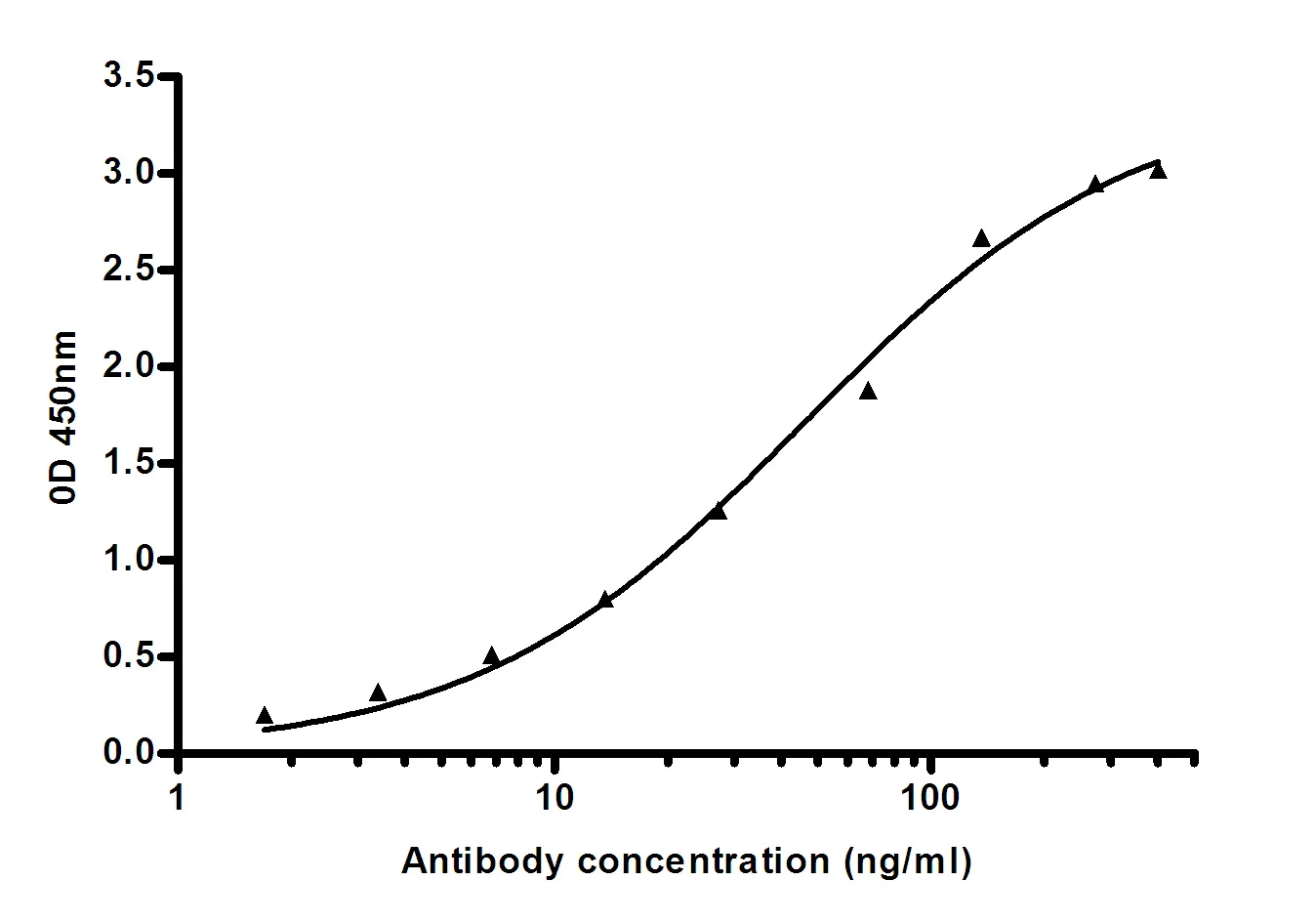Summary
Performance
Immunogen
Application
Background
This gene encodes a hydrolase that degrades glycosaminoglycans, including heparan sulfate, dermatan sulfate, and chondroitin-4,6-sulfate. The enzyme forms a homotetramer that is localized to the lysosome. Mutations in this gene result in mucopolysaccharidosis type VII. Alternative splicing results in multiple transcript variants. There are many pseudogenes of this locus in the human genome.[provided by RefSeq, May 2014],catalytic activity:A beta-D-glucuronoside + H(2)O = D-glucuronate + an alcohol.,disease:Defects in GUSB are the cause of mucopolysaccharidosis type 7 (MPS7) [MIM:253220]; also known as Sly syndrome. MPS7 is an autosomal recessive lysosomal storage disease characterized by inability to degrade glucuronic acid-containing glycosaminoglycans. The phenotype is highly variable, ranging from severe lethal hydrops fetalis to mild forms with survival into adulthood. Most patients with the intermediate phenotype show hepatomegaly, skeletal anomalies, coarse facies, and variable degrees of mental impairment.,disease:Mucopolysaccharidosis type 7 is associated with non-immune hydrops fetalis [MIM:236750]. Hydrops fetalis is a generalized edema of the fetus with fluid accumulation in the body cavities.,enzyme regulation:Inhibited by L-aspartic acid.,function:Plays an important role in the degradation of dermatan and keratan sulfates.,PTM:N-linked glycosylated with 3 to 4 oligosaccharide chains.,similarity:Belongs to the glycosyl hydrolase 2 family.,subunit:Homotetramer.,
Research Area
Pentose and glucuronate interconversions;Starch and sucrose metabolism;Glycosaminoglycan degradation;Porphyrin and chlorophyll metabolism;Drug metabolism;Lysosome;



